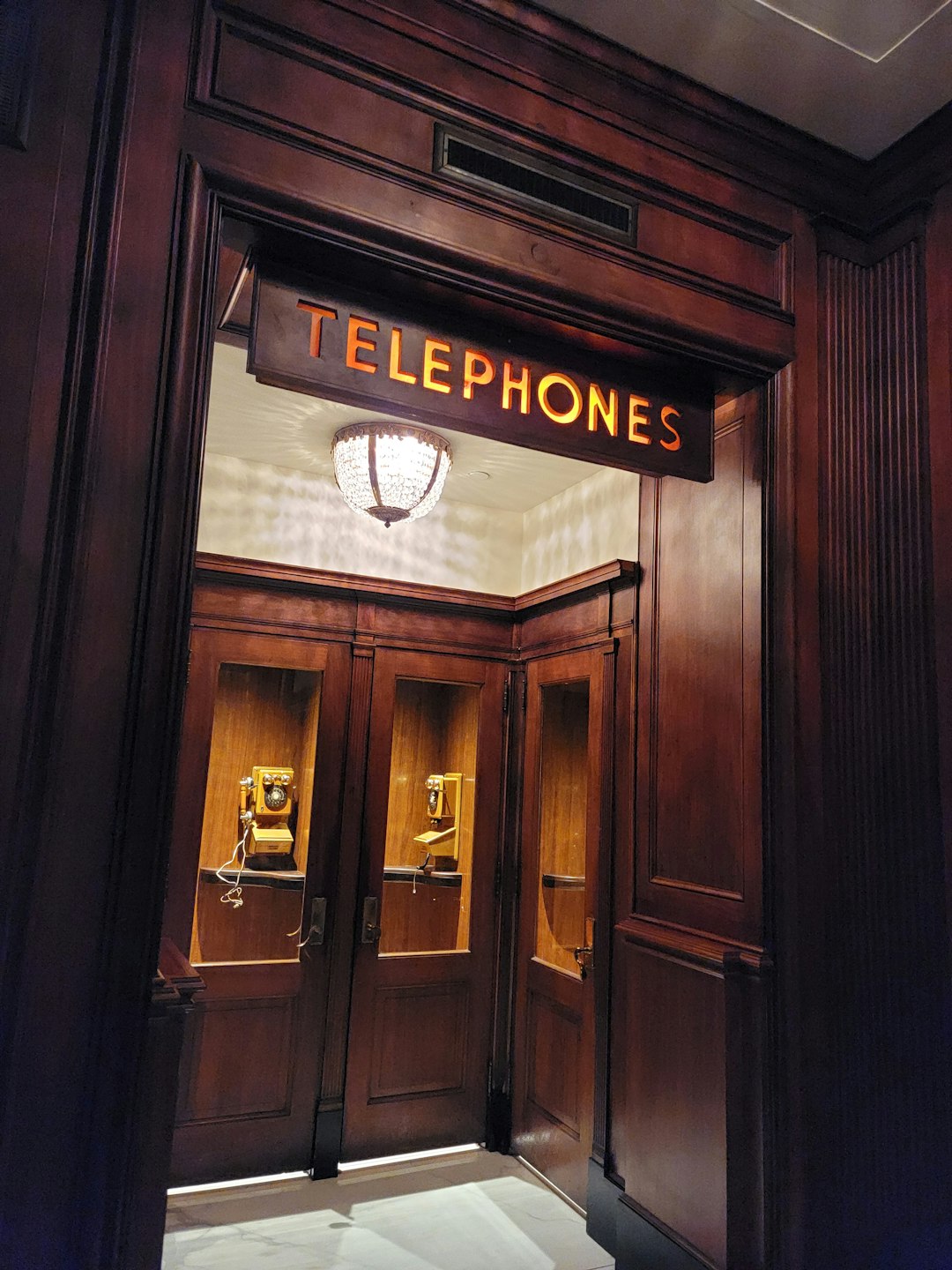Silicon Valley is leading the way in fighting spam calls through voice biometrics technology, offering a revolutionary solution to the growing problem of phone scams across California. This advanced system uses vocal patterns to accurately identify individuals, enhancing security and helping spam call lawyers and law firms trace and verify callers. As spam call instances surge, voice biometrics promises to transform legal strategies, providing effective protection for Californians against fraudulent communications, particularly when seeking a lawyer for spam calls in the state. Legal experts navigate the privacy concerns surrounding this technology, ensuring fair practices and building public trust. With its potential to revolutionize consumer protection, this innovation could bring about significant changes in how spam call lawyers California and their clients approach legal cases, fostering a safer digital environment.
Voice biometrics is transforming call authentication in Silicon Valley and beyond. This cutting-edge technology, which identifies users through unique vocal patterns, offers a promising solution to the pervasive issue of spam calls. In this article, we explore how voice biometrics is revolutionizing communication security in California, with a focus on spam call detection. We delve into legal implications and the crucial role of attorney firms in shaping the future of this technology, highlighting its potential to enhance consumer protection and privacy for residents across the state. Discover how spam call lawyers and attorneys in California are leading the way in this evolving landscape.
The Rise of Voice Biometrics: A Silicon Valley Innovation

In recent years, Silicon Valley has emerged as a hotbed for groundbreaking innovations in technology, and one such advancement is voice biometrics—a game-changer in call authentication. As spam calls become an increasingly pervasive issue for folks in California, from San Francisco to Los Angeles, this technology offers a sophisticated solution. Voice biometrics utilizes advanced algorithms to analyze unique vocal patterns, providing an accurate and reliable method to identify individuals during phone interactions.
This innovative approach is transforming the way spam call attorneys and law firms in California combat fraudulent activities. By employing voice recognition software, these professionals can now quickly verify clients’ identities, ensuring that legal services are rendered only to legitimate users. This development promises to enhance security measures and protect individuals from potential fraud, making it an exciting prospect for both tech enthusiasts and those seeking reliable legal assistance against spam calls in California.
Spam Call Detection: How Voice Biometrics are Changing the Game in California

In Silicon Valley, where innovation thrives, voice biometrics is transforming the way spam calls are detected and handled. Traditional methods often fall short in identifying malicious calls, leading to a surge in unwanted and potentially dangerous phone scams. However, with advancements in voice recognition technology, spam call detection has entered a new era. Voice biometrics analyzes unique vocal patterns, allowing for precise identification of individuals making calls, even if they attempt to disguise or manipulate their voices.
Spam call lawyers in California are leveraging these developments to offer more effective solutions to clients facing relentless phone spamming. By employing voice biometrics, these attorneys can trace the origins of spam calls, verify caller identities, and provide legal recourse against persistent spammers. This innovative approach is revolutionizing how residents of California protect themselves from spam call harassment, ensuring a safer digital environment for all.
Legal Implications and the Role of Attorney Firms in Voice Biometric Authentication

As voice biometrics technology advances and becomes more prevalent in call authentication, legal implications arise, especially regarding privacy and data security. With the increasing use of automated spam calls, or robocalls, across California, there’s a growing need for robust authentication methods to protect consumers. Voice biometric authentication offers a promising solution by using unique vocal characteristics to verify call origins, but it also raises concerns about how personal voice data is collected, stored, and utilized.
Attorney firms specializing in technology law and privacy rights play a crucial role in shaping the legal framework surrounding voice biometrics. These firms assist clients in understanding their rights and obligations, especially when dealing with spam call lawyer California cases or representing individuals affected by unauthorized voice data use. They help navigate the complex web of federal and state laws, ensuring that voice biometric authentication systems are fair, transparent, and compliant, thereby fostering public trust in this innovative technology.
Future Prospects: The Impact on Consumer Protection and Privacy in California

As voice biometrics technology continues to evolve in Silicon Valley, its potential impact on consumer protection and privacy in California cannot be overlooked. With advancements in artificial intelligence and machine learning, identifying individuals through their unique vocal patterns is becoming increasingly accurate and efficient. This presents a promising future for mitigating spam calls, as biometric authentication can serve as a robust defense against unwanted and fraudulent communications. By implementing voice biometrics, California residents could enjoy enhanced protection against spam call lawyers and attorneys, ensuring that only authorized parties gain access to personal information.
The integration of voice biometrics in call authentication has the potential to transform the legal landscape for spam call cases. Spam call law firms in California could leverage these technologies to build stronger defenses for their clients while also empowering individuals to take charge of their privacy. This shift could lead to more effective regulation and a safer digital environment for all Californians, fostering trust and security in an era where online interactions are increasingly common.






